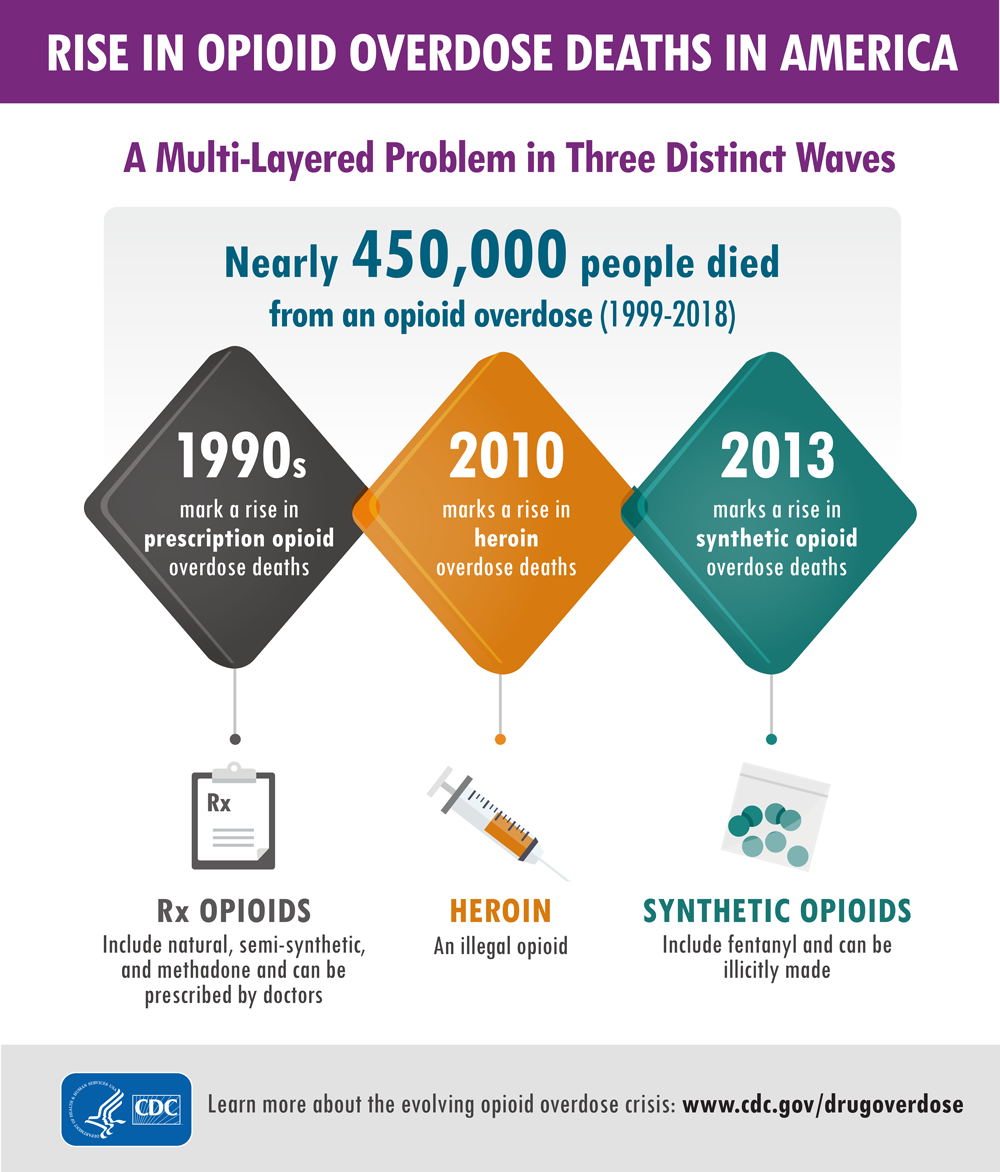

Vitamin C (ascorbic acid, AA) plays vital roles in a multitude of metabolic pathways, with effects in virtually every organ system of the body. Further clinical trials on the potential of AA in the prevention and treatment of OUD are warranted. High, frequent doses of AA may also abort cravings and opioid withdrawal symptoms in those with OUD and has better tolerability than other OUD treatments. AA may temper the need for opioids, which raises the question of whether it can help reduce the risk of OUD onset.

In clinical trials, AA has been proven safe and effective in acute and chronic pain relief, including ambulatory, surgical, and oncological settings.

It irreversibly inactivates opioid stereospecific binding, while increasing the antinociceptive effects of pain medications. In animal models, AA reduces and prevents opioid drug tolerance and physical dependency. AA supports the synthesis of serotonin, modulates synaptic dopamine and glutamate, and may also enhance the synthesis of endomorphins and endorphins. This paper provides a review of the literature and a theoretical perspective on the potential roles of AA in the treatment of pain and opioid use disorder (OUD).Ī powerful antioxidant and anti-inflammatory agent involved in glutathione recycling, AA is a cofactor in adrenal steroidogenesis and catecholamine biosynthesis. It is vital to a multitude of metabolic pathways, including those affecting mental health, stress response, and pain perception. Vitamin C (ascorbic acid, AA) is an essential nutrient in humans.


 0 kommentar(er)
0 kommentar(er)
